Statement by Hon. Savitri Sonia Parag, MP, Minister of Public Service on ‘Leveraging Information and Communication Technology as an enabler for the education sector at 144th IPU
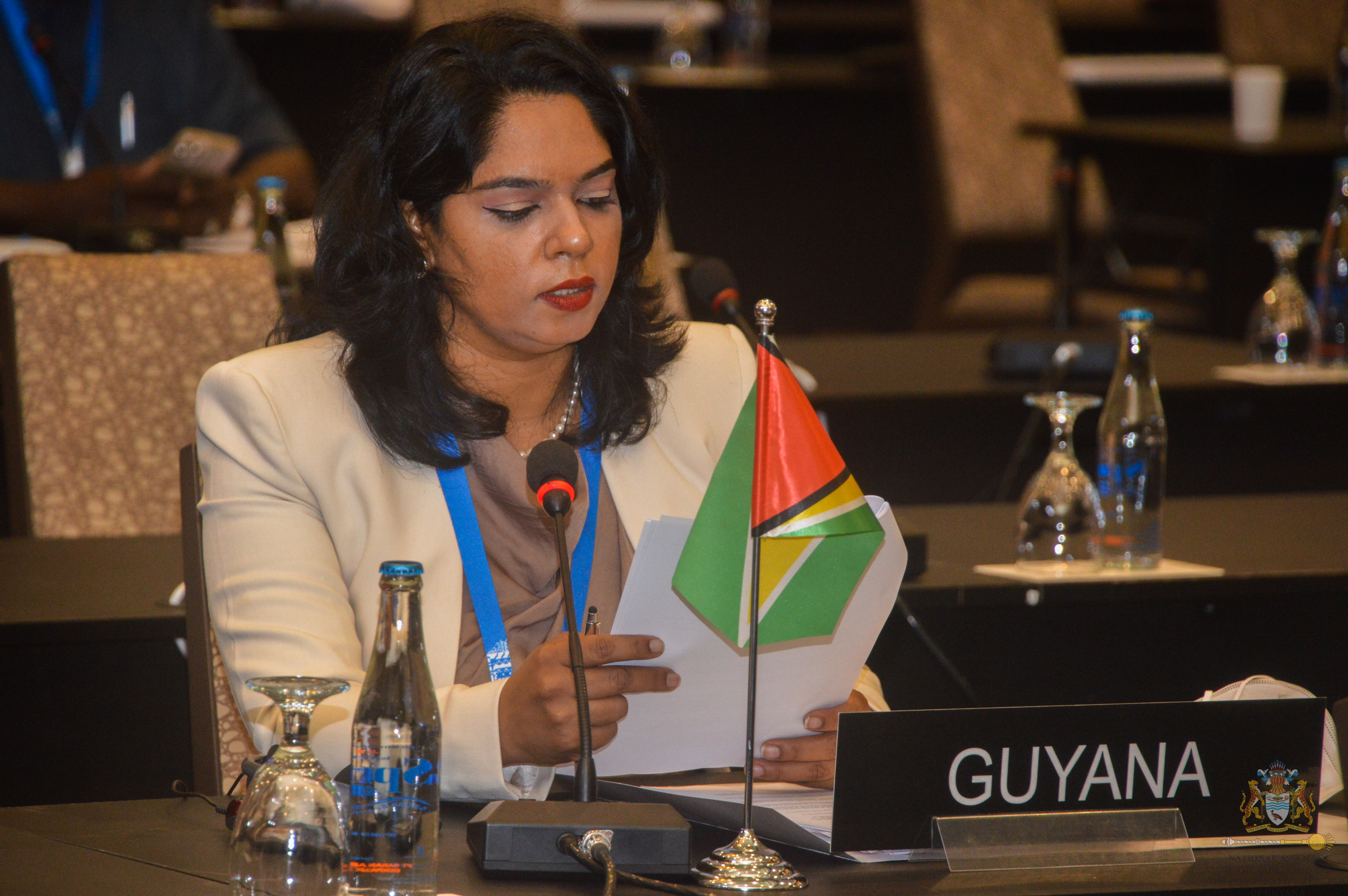
21 March, 2022
4498
Statement by Hon. Savitri Sonia Parag, MP, Minister of Public Service on ‘Leveraging Information and Communication Technology as an enabler for the education sector, including in times of pandemic’ at the IPU Standing Committee on Sustainable Development (March 21, 2022)
At a national level, Guyana has been ‘Leveraging Information and Communication Technology as an enabler for the education sector', but it can never be overstated that many vulnerable populations are still disadvantaged.
In the same way that developing countries such as Guyana are most susceptible to the effects of climate change, we are also vulnerable to the devastating consequences of a pandemic, as we have so glaringly recognized with not only the onset of COVID-19 but also with a myriad of issues that stemmed from that, including vaccine inequality and vaccine discrimination.
These are issues that the President of Guyana, H.E. Dr. Mohamed Irfaan Ali, has spoken to on multiple international platforms, including the 76th UN General Assembly hosted in New York in September, and the 2021 UN Climate Change Conference hosted later in October, in Glasgow, Scotland.
On both occasions, our President emphasised the need for assistance from developed countries, particularly as it relates to the provision of funding to help us combat some of these critical issues. In the same vein, I believe that funding from our wealthier counterparts is crucial in bridging the ICT gaps that exist within countries like mine – and this is ever important because its impact goes far beyond the borders of Guyana and extends as far as hampering the global and collective achievement of the 17 Sustainable Development Goals, which are central to the 2030 Agenda.
The UN’s explanation of many of these goals refer specifically to indigenous peoples, and, in Guyana, our indigenous brothers and sisters are most affected by the ICT inequalities that so unfortunately exist. So, even as we look to leverage ICT as an enabler for the education sector, our indigenous peoples in the hinterland regions would be most disenfranchised.
Countries such as Guyana require the significant retooling of educators across all levels, because, prior to 2020, our primary method of teaching revolved largely around the chalk and blackboard. So, to expect our teachers to deliver online education to our children, we must first equip them. We must ensure that they are not only trained in the use of the requisite education delivery platforms, but also in the art of content creation for an online environment, because, as we know, there is a notable difference between self-study and online learning.
Already, Guyana has been working with several partners, including the Global Partnership for Education (GPE), to train teachers in the use of ICT. A similar effort was undertaken in collaboration with the ProFuturo Foundation, among other ventures with international partners.
Importantly, whatever systems we implement must be effective and equally sustainable, because now, our generation has been forced to be skeptical about the future, and mindful that being faced with another pandemic is not impossible.
We must therefore prepare every sector to be resilient. As for education, we must also decide how we will best balance in-person learning with the use of ICT, because, as pointed out in the draft resolution, learners, pupils, and students also require physical interactions for their academic and social wellbeing.
-END-
What's New
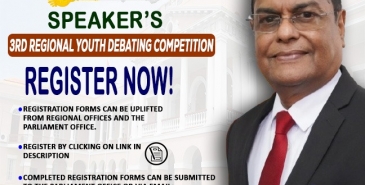
07 January, 2025
Registration Open for the 3rd Speaker’s Regional Youth Debating Competition
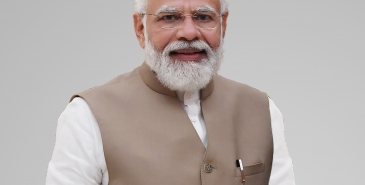
20 November, 2024
Prime Minister of India, His Excellency Shri Narendra Modi, to Address Special Sitting of the National Assembly
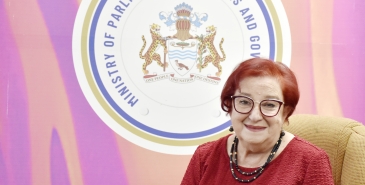
07 November, 2024
Hon. Minister Gail Teixeira receives Prestigious Commonwealth Parliamentarian Lifetime Achievement Award
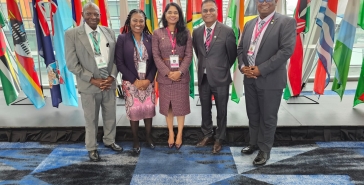
05 November, 2024
Commonwealth Parliamentarians from Guyana Address Global Issues and Examine Parliamentary Democracy at the 67th Commonwealth Parliamentary Conference in New South Wales

